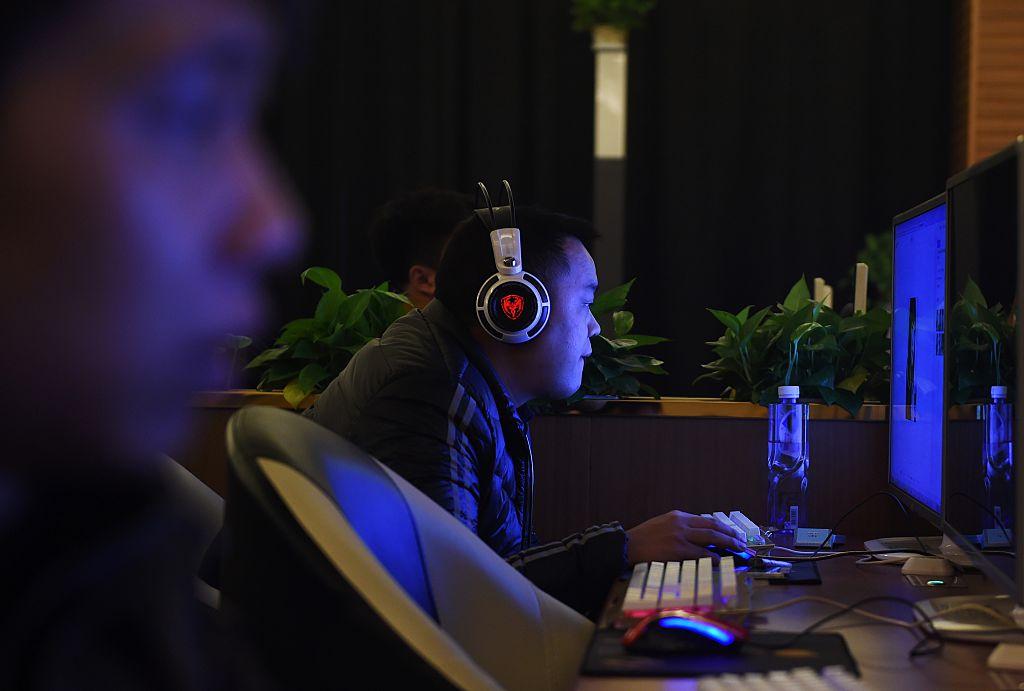News Analysis
Online videos by Sima Nan, a Chinese internet troll, have recently earned an estimated commercial value of $3 million and attracted more than 7.5 million viewers.

Online videos by Sima Nan, a Chinese internet troll, have recently earned an estimated commercial value of $3 million and attracted more than 7.5 million viewers.